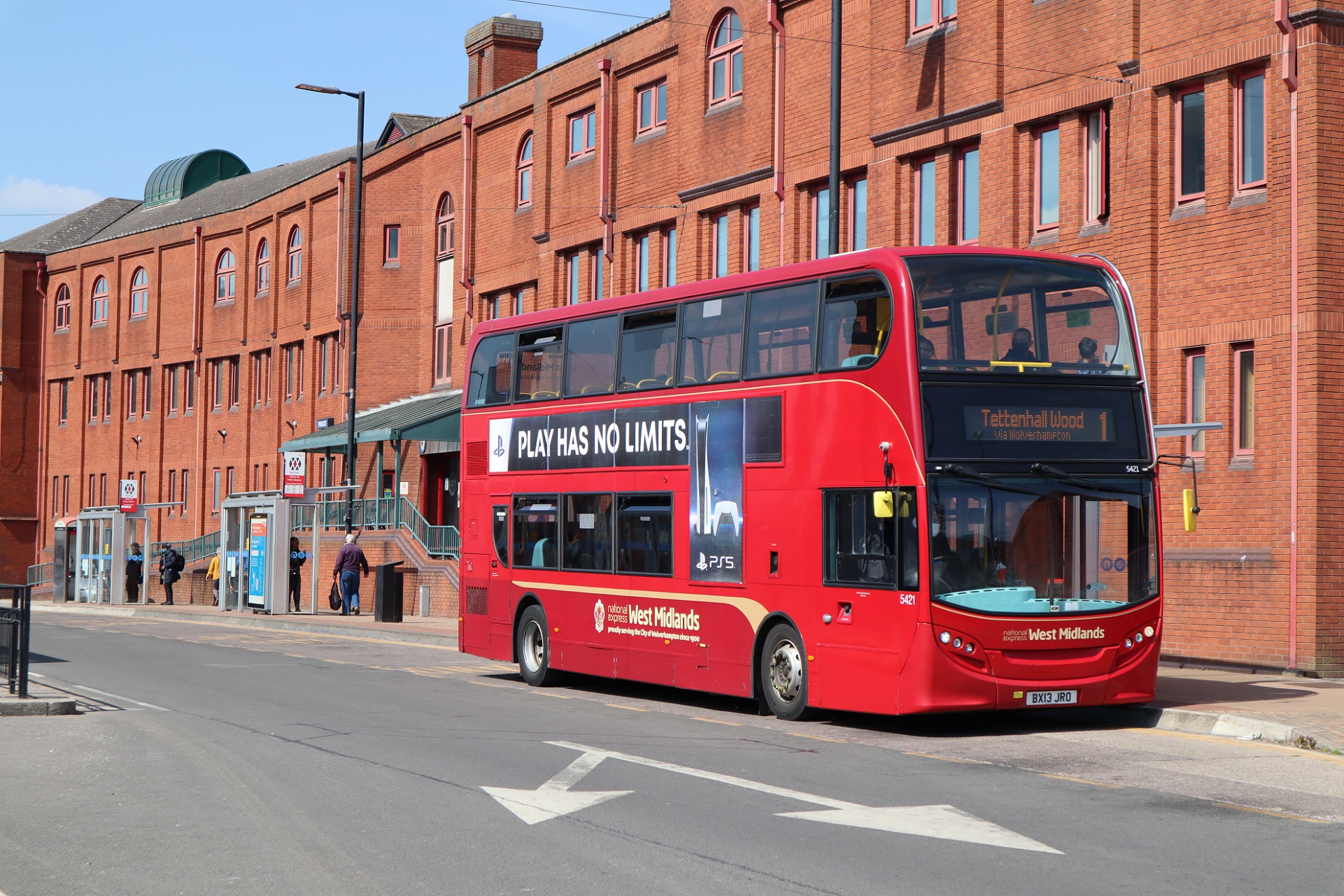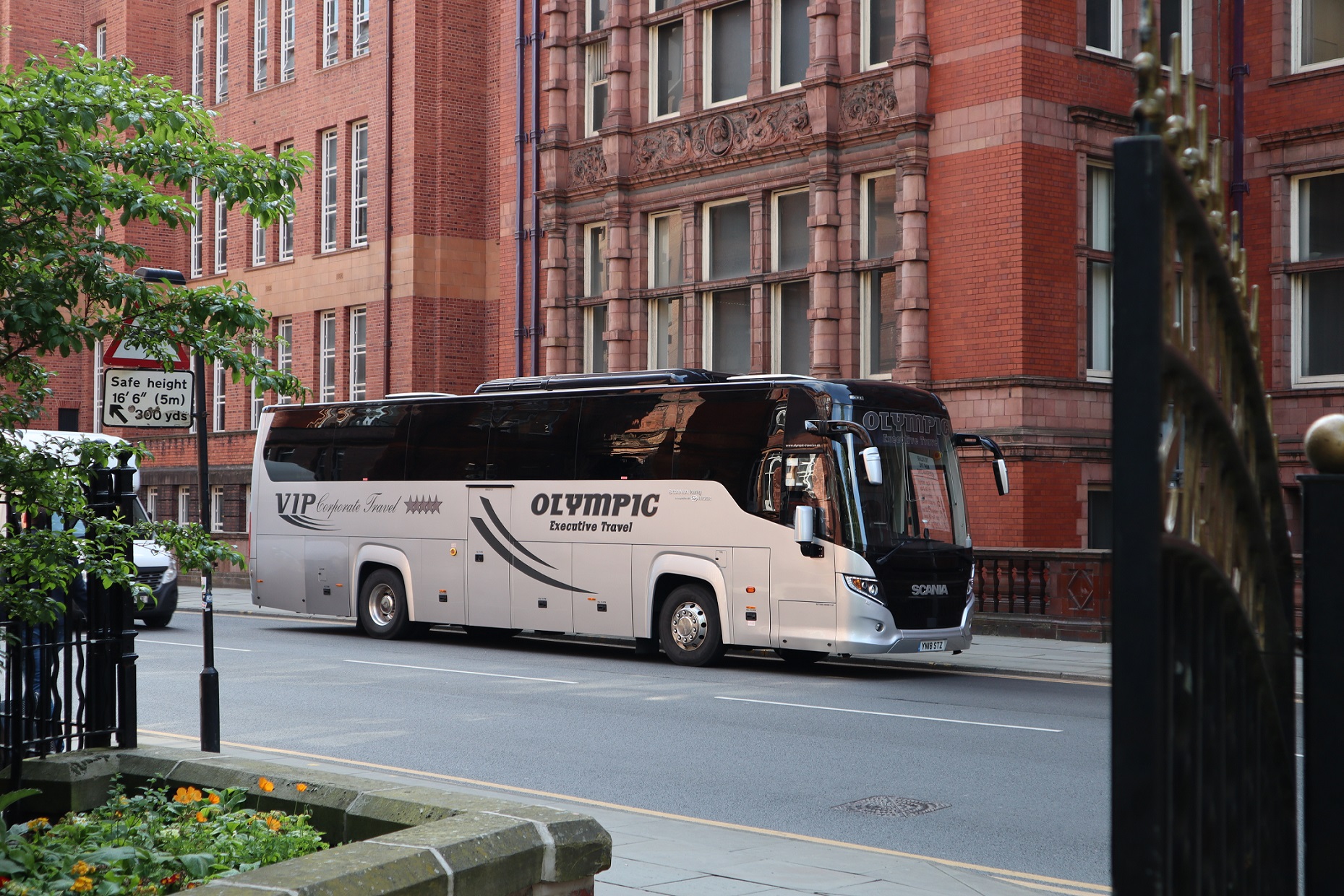Labour wants to grow its burgeoning engagement with bus and develop with coach what is thus far tentative work around policy, shadow Minister for Local Transport Simon Lightwood (pictured) told the Confederation of Passenger Transport (CPT) conference on 18 January.
In setting out the party’s position on the industry at the start of a likely election year, Mr Lightwood delivered an address that was fiercely critical of the Conservative government. While Labour bus service policy is anchored by franchising, he also mentioned coaches on at least six occasions in a rare round of political awareness of that sector.
Attendance by the shadow minister contrasted with the approach of Under-Secretary of State for Transport Guy Opperman. The Palace of Westminster is visible from the conference venue, but Mr Opperman submitted a short, pre-recorded address – albeit one noting that reform of BSOG and the concessionary travel scheme in England are both progressing.
Challenges ahead for Labour on coach and bus policy
Although Mr Lightwood is bullish in his outlook for Labour’s prospects with the coach and bus industry, he cautions that the party still faces a big challenge to win the election. Spending commitments cannot be made until the party has full visibility of “what we inherit,” he notes. That includes funding settlements for local authorities (LAs).
In a bolder statement, Mr Lightwood told delegates that “a national renewal of our public transport system is front and centre of my focus as a shadow transport minister.”
The current government “has presided over the managed decline of our nation’s bus network,” he adds. Mr Lightwood cites a claimed reduction in bus mileage of 300 million compared to 2010 and zero-emission fleet rollout that is “woefully off target,” although Secretary of State for Transport Mark Harper claimed in late 2023 that the latter work was delivering as planned.
Mr Lightwood also repeated Labour’s previous allegation that thousands of bus routes have been “lost” in recent years, although its manner of counting those was challenged robustly by CPT and Transport for West Midlands in 2023.

Network North work, which promises hundreds of millions of pounds for buses, also comes in for strong criticism from Labour. Describing it as “a glorified list of ideas,” the shadow minister says that the current overarching approach to bus funding risks creating “a two-tier transport system, where too many towns and cities miss out.”
‘World-class public transport network’ aspiration
Despite that denunciation of the current government’s approach to bus in England, Labour’s finer policy points there are still being developed. To give claimed long-term clarity for the bus industry and passengers, the party’s plan to open franchising “to every community” majors on “simplifying and extending” those powers, and lifting the ban on new municipal operators.
Delivery of that will give England “a world-class public transport network,” Mr Lightwood continues. “Labour’s plans are nothing short of the biggest, most ambitious reform of the bus network in 40 years,” he says.
“We will harness and take back control. Extending the ability to franchise is so important, because across the country, trailblazing Labour mayors have already been bucking the trend and revolutionising their transport systems with the devolved powers.”
Despite such bold talk, and eulogization of work on the Bee Network in Greater Manchester, the future of bus under a Labour government would involve what Mr Lightwood describes as significant collaboration between LAs and operators under a regulated model.
When pressed by CPT Chief Executive Graham Vidler on how smaller LAs would gain the necessary capabilities to design and deliver bus franchising, Mr Lightwood revealed that the Department for Transport (DfT) would have a major role to play.
“We would look at the DfT bus team… to have more centralised support for areas that don’t have that capacity,” the shadow minister explains. “I am conscious that there are some LAs across the country that do not have the capacity to explore franchising or other models.
“We want to make sure that they have centralised support they can call upon and [can] learn lessons from other areas,” he adds. Labour is currently exploring how that DfT involvement could be delivered, but Mr Lightwood believes it to be “really important” that all areas of England outside London can realistically explore a regulated path for bus services.
“With that, we will need to adopt some sort of centralised support and resource that they can use to make it happen.”

Work in other parts of the economy by Labour would sit closely with its aspirations for bus services. It would look to “turbocharge” the rollout of zero-emission buses via increased factory capacity, an approach that Mr Lightwood believes would also spill over into the coach industry.
Coaches mentioned alongside bus in Labour policy
Coach policy for Labour did not benefit from such a deep dive as the bus approach in Mr Lightwood’s address, although his acknowledgement of the coach sector drew a positive murmur. In telling delegates that his door “is always open,” the shadow minister notes how that invitation applies as much to coach as it does to bus.
The coach industry is an area “that we need to do much more engagement on,” he says, adding that it is overlooked “far too often.” Labour wants to hear from businesses there on what works well, and how government can work with the coach sector to support it.
“Meetings, roundtables, visits to your depots,” he continues. On a wider basis, that aspiration for engagement extends from “the largest multinational to the smallest family-run companies.”



























